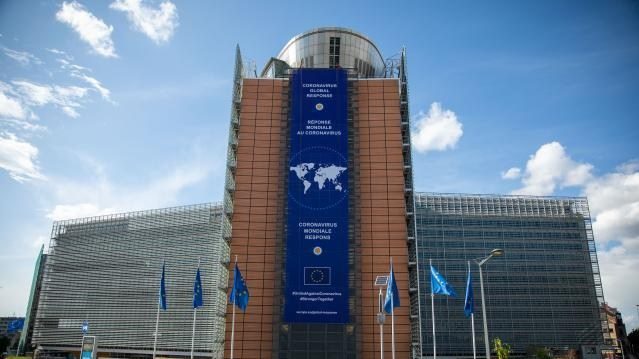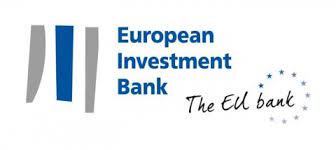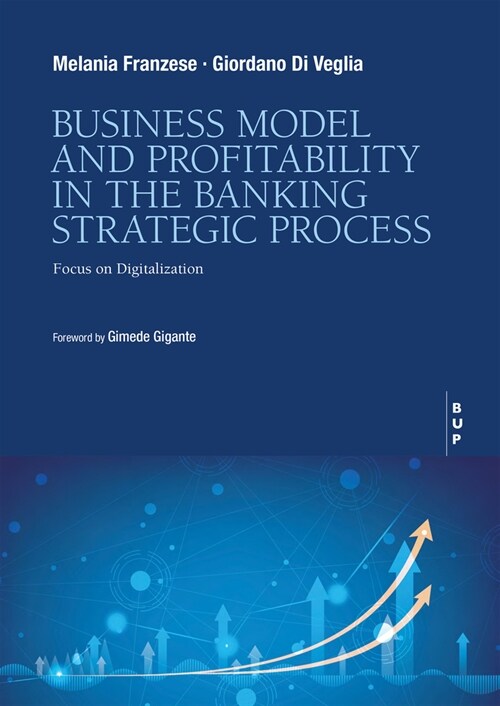The European Central Bank (ECB) recently published a comprehensive report on the possible issuance of a digital euro, prepared by the Eurosystem High-Level Task Force on central bank digital currency (CBDC) and approved by the Governing Council. A digital euro would be an electronic form of central bank money accessible to all citizens and firms – like banknotes, but in a digital form – to make their daily payments in a fast, easy and secure way. It would complement cash, not replace it. The Eurosystem will continue to issue cash in any case. Continue reading…
Gone are the days when organisations could simply promise a speak up culture. Today, fostering a culture of trust, integrity, and a positive work environment…
Download whitepaper















This book describes version 4 of CATS CM®. This methodology for contract management can be used in both private and public sector organisations, and is …
Continue reading…